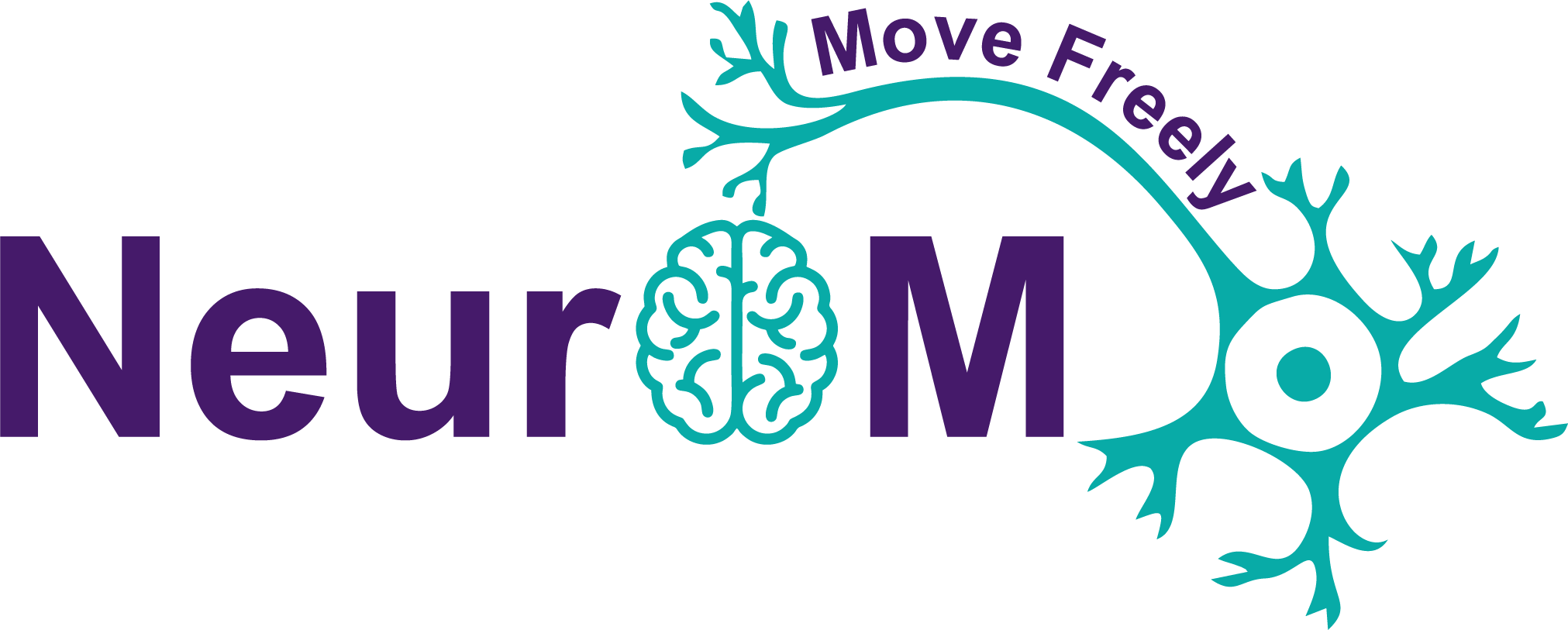In some cases, home remedies can be used to treat TMJ dysfunction. Some people respond well to over-the-counter pain relievers, such as Ibuprofen or Aspirin. Applying ice packs directly to the jaw joint can also help relieve pain. You may also find temporary relief through sedative essential oils, such as clary sage or lavender. When home remedies don’t work at providing long-term relief, medical intervention may be necessary. Stronger muscle relaxers or anti-inflammatory medications may be prescribed to manage pain. A jaw specialist may also use a dental splint to keep teeth properly aligned and prevent tooth grinding. Other types of medical treatment include trigger point acupuncture, joint replacement, or a TMJ arthroscopy.
However, if you want to avoid taking pain-relieving medication and use a more holistic approach, physiotherapy is perhaps one of the most effective treatments for TMJ dysfunction. At your initial appointment with Neurom Physiotherapy & Wellness Centre, a comprehensive evaluation will be done on your neck, shoulder girdle, and thoracic spine in order to determine if those structures are causing your symptoms. Afterward, one of our dedicated physiotherapists will create a treatment plan based on the nature of your symptoms and your specific needs.
Our physiotherapist will analyze your jaw mobility and release muscle tension in the areas surrounding your neck and head. The goal of physiotherapy is to restore your normal function and the interaction of the jaw muscles and joints. Your treatment plan may consist of any combination of methods and modalities, including jaw exercises, soft tissue massage, joint mobilization, myofascial techniques, electrical stimulation, or ultrasound.

